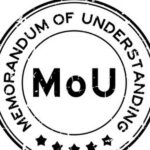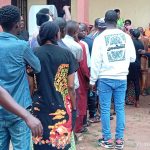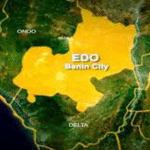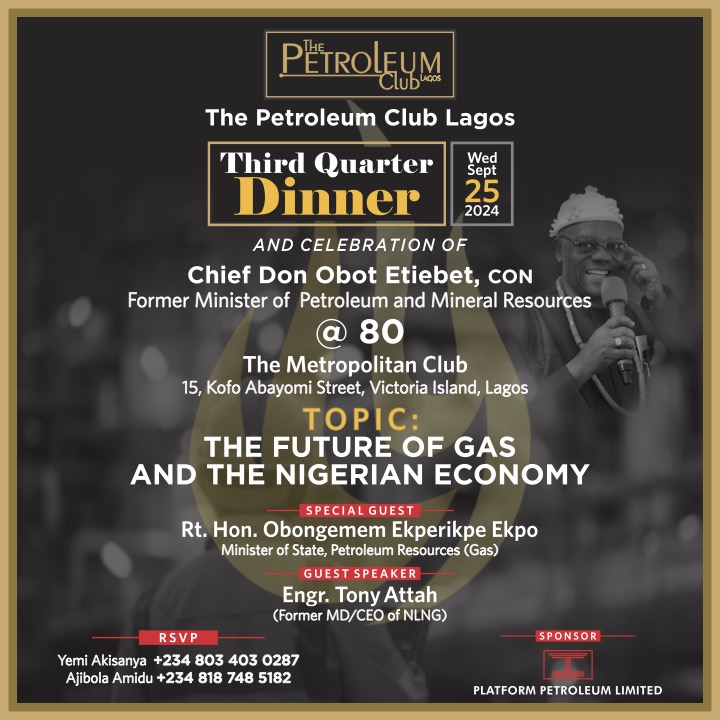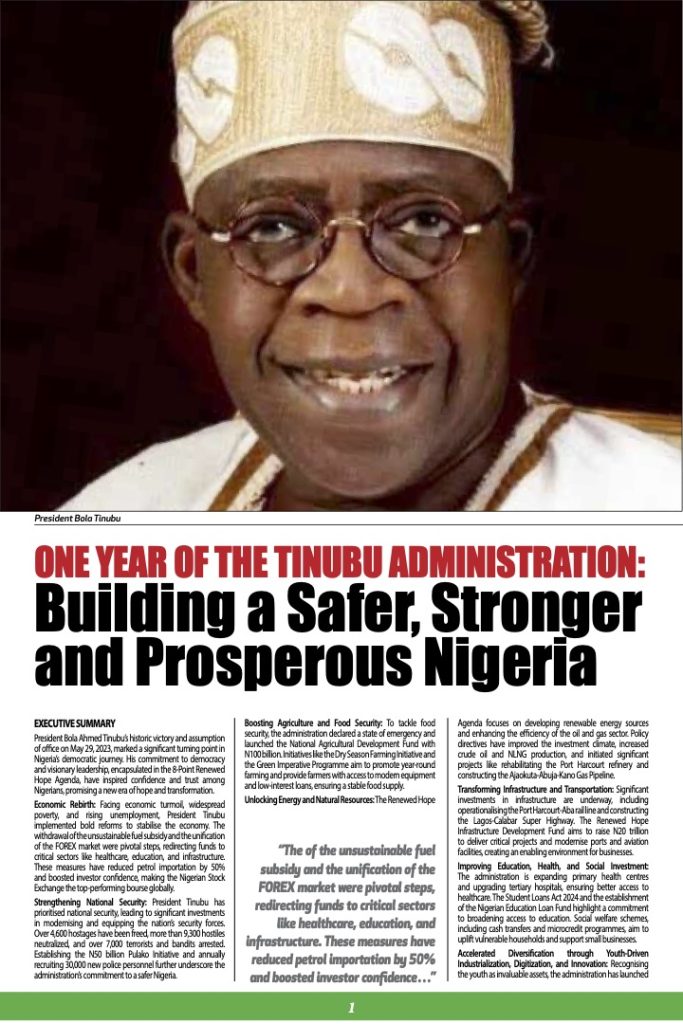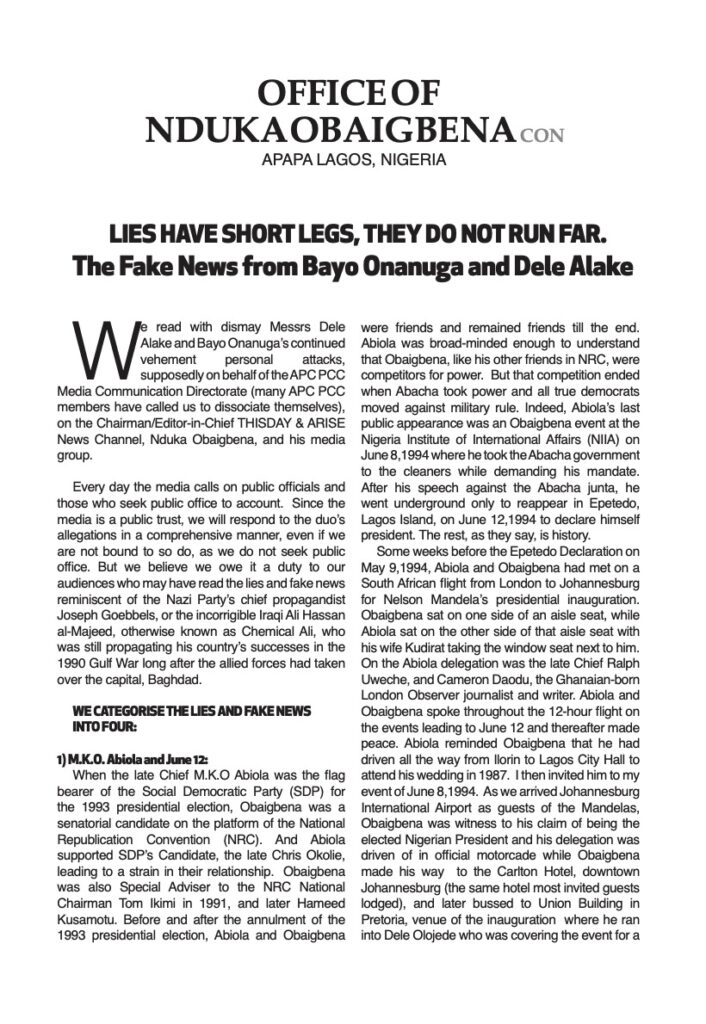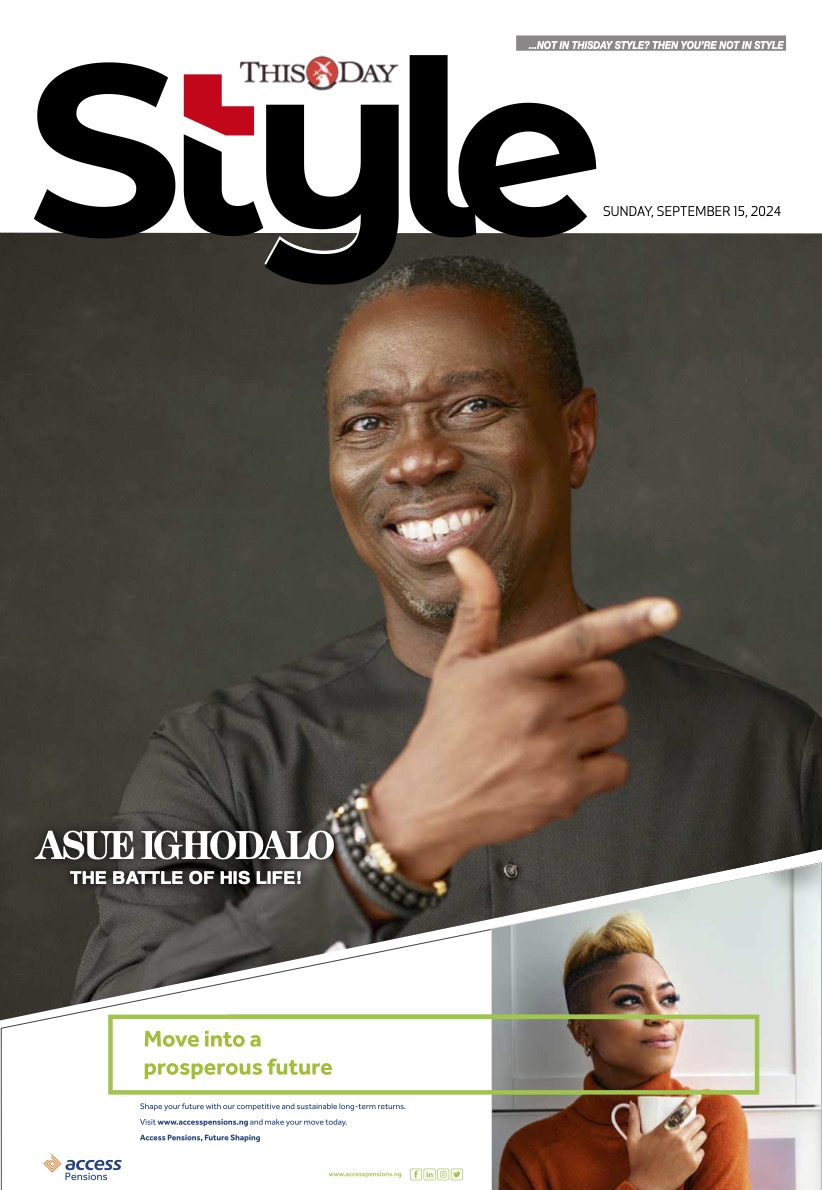Latest Headlines
Beyond Festival Democracy

Chidi Amuta
Nigerian politicians have perfected the art of reducing almost everything to situational comedy. They just put us through a fortnight of celebrations on the altar of democracy. That is about the only word that unites them in their diversity of costumes and intentions. It was a somewhat entertaining two weeks of pageants, dramatics and empty rhetoric about the great Nigeria achievements in the realm of democracy. Free food was in abundance at the Villa and choice restaurants where the attendees did not have to pick up the bill. Thjere were the usual parades by the contingents of the police and military who found time off chasing after bandits and criminals to display and entertain their pay master. It all went well except that some secueity oversight allowed Mr. Tinubu to slip and fall off the stairs to his parade inspection vehicle. Thank God it went well and ended up with the Presdient entertaining his guests with his peculiar “dobale” twist to a bad fall!
Characteristically, the executive and legislature staged a combined comic strip and entertained us to a huge day time gala of speeches about the feat of twenty five unbroken years of democracy. It was also on the 29th of May, a day that marked the attainment by the Tinubu administration of the age One. At some point, no one knew exactly what the politicians gathered at the National Assembly were celebrating. Was it their own growing irrelevance? Was it Mr. Tinubu’s empty one year in office? Or was it the sorry plight of the people whom they say voted them into office? Up to this point, no one can say exactly what the conclave of shame at the National Assembly on 29th May was all about.
Twenty five years of unbroken democratic government was indisputable and clearly called for some noisy observance. At least we could count a succession of dispensations from Obasanjo to Tinubu over this period. Goings and comings every four years, each regime adding to the legacy of infamy and the chronicle of shame and serial looting. At least the ones whose tenure expired went away even if sometimes reluctantly. Others replaced them in a relay race that we are not likely to forget in a hurry. Similarly, no one could deny that the nation has borne the burden of the Tinubu administration for the last twelve months. And no one can fairly deny Mr. Tinubu of not amking a difference in his avowed pledge to continue from where Mr. Buhari left off.
Buhar left the Naira at 480 to the dollar; Tinubu has improved the figure to N1,500. Buhari left the price of petrol at less than N300 per liter; Tinubu has raised it to N700. Nigerians are now more axed for nearly everything than at any other time in our history. In fairness, the celebration of these “gains” of’democracy belonged more to politicians and the political class than to the beleaguered people of Nigeria. Therefore, in a Freudian affirmation of their sense of ownership of the bash, the president and the National Assembly decided that it was worth only their in house celebration as an exclusive club of beneficiaries.
So, the president did not bother to address the nation on 29th of May. After all, it was twenty five years of the triumph of political ascendancy and another one year of yet another relay lapse. He wisely opted to address a joint session of the National Assembly in what turned out to be an odd mix of comedy and farce. It was crowned by the inauguration of the ‘old’ national anthem as the anthem of the ‘new’ nation in the making under Mr. Tinubu.
Never mind that a clear 85% of those assembled were probably toddlers when the old anthem was jettisoned 48 years ago. Forget also the fact that over 90% of them did not know the exact wordings of what they were foisting on the nation by an untidy legislative fiat. They moved their lips and the police band came to their rescue with a halting rendition of the old anthem which they probably rehearsed on that morning.
Two weeks later, it was June 12, the National Democracy Day as decreed by Mr. Buhari in reprisal against his nemesis, Mr. Babangida of Minna. June 12 is a day set aside for the remembrance of the June 12 1993 presidential election which ended in a fiasco of an aborted transition to civil rule. Of course June 12 was an episode in democracy in Nigeria, albeit a very remarkable one. On that day, an autocratic military junta organized what has become the most credible democratic election in Nigerian history. Credible election; free, fair and accurately reflective of the popular will but put together by a dictatorial regime as part of an audacious series of political experiments. The contradiction can never be lost on us. In life and in history, sometimes unintended good comes from dark places. Was it not Shakespeare who insisted that sometimes, the instruments of darkness tell us the truth!
What unites the various celebrations of democracy that we have just witnessed is a certain self -deception and superficiality among the political class. Both the politicians gathered in the conclave of lies in Abuja and the public at large know something in common. Everyone knows that Nigeria is not yet a democracy properly defined. The politicians know that democracy is more of a convenient nomenclature for what has been happening here in the past twenty five years. It is merely a superficial mantra that they use to excuse their serial betrayal of the people in order to gain unfettered access to the commonwealth and fleece the rest of us in an organized crime syndicate.
Curiously, the popular masses of Nigerians also know a fraud when they see one. They know that Nigeria is only ‘democratic ‘ during isolated episodes and moments on the political calendar. During election seasons, Nigeria suddenly explodes in a colourful durbar of democratic frenzy. The nation becomes a democratic country as people temporarily forget the autocratic impositions and high handedness of the preceding four years. It is time for travelling theatres of political jesters. The circus hits the circuit. It is time to don colorful party costumes and sing creative political songs. It is time to dig up the language of “stomach infrastructure”, to hide Naira notes or a few miserable dollar bills inside loaves of Agege bread for distribution to those who have not had a meal in the last few days.
Democracy season is time for known miscreants to prance around the country promising what they themselves do not even understand. Some ‘political animals’ even attend crash evening school lessons to try and understand the meaning of words like “policy”, “programme”, “democracy dividend” and “constituency” etc.
Soon afterwards, the elections are held. People win and others lose. Some contestants win and lose at the same set of polling centres depending on whose version of the result you get first. No one in Nigeria wins an election or loses an election. In Nigeria’s democratic tradition, every one who contests an election presumes him or herself a winner. In advance, they measure the drapes of their new official abode. Some rehearse the dance steps for inauguration day. Others rehearse the pompous speech mannerisms of their envisaged high office. ‘A governor does not speak like an ordinary mortal!’ The men encourage their ambitious wives to rehearse the dance steps of “Madam Excellency”. Self delusion is one distinguishing feature of Nigerian democracy.
Among conflicting claimants of victory in Nigerian elections, there is a common greeting: “Let’s meet in court”! If you were declared loser, they tell you: “Go to court!” or “Go and hug a power transformer!” The theatre soon shifts to the courts where an avalanche of jobless lawyers and thievish judges are lying in wait to make a killing. There are enough contested political offices whose elections must end in court. So, judges of Tribunals, Courts of Appeal and even the Supreme Court enter a season of harvest. Any Nigerian judge worth his salt who is assigned to adjudicate on election disputes must be a fool if he or she fails to change his decrepit old car ready for retirement at the end of an election cycle.
Not to talk of some strange sacrosanct animal created by the government to count the ballots and declare a result. It is a strange animal now called INEC. In political matters, it has the power of life and death. Its adverse declarations have sent many a politician to early death through cardiac arrest. People lobby and bribe to be made Resident Electoral Commissioners in states. All it takes to become a billionaire is to declare the richer candidate duly elected.
So much for the comic theatre of the absurd that Nigerians call elections and politicians dub democracy. In other places, elections are contested by parties. Parties stand for ideas and ideals. Those ideas make sense only because they address a current adversity or concern among the people. In Nigeria, parties have only acronymas. Whatever those acronyms stand for do not concern the people. The good politicians are the ones who switch parties like dirty underpants. A democracy that has thrived for a quarter of a century without identifiable political parties is a fraud.
In Nigeria’s democratic tradition, prties are not held accountable fr misrule. In fact, a party that misrules and mismanages the nation is rewarded at the next election. Mr. Buhari ran Nigeria aground under the banner of the APC. But the 2023 elections returned the APC to power at the federal level and majority of the states in addition to a clear parliamentary majority. A democracy whose electoral outcomes reconsolidate a previous bad government can only be a negative definition of democracy.
In a proper democracy, the institutions of democracy are clearly defined. They are credible political parties, an independent judiciary, a free press and an apparatus of state that is dedicated to the state and not to passing regimes. On the contrary, what we have in Nigeria is a situation where once elected into office, an incumbent privatizes the apparatus of state as well as the insitutitions of democracy. The new sovereigns become embodiments of the state and above the law. In the ensuing state of “my administration”, an incumbent rises to the status of an overlord. The president rises to the status of a king, jettisoning the republic constitution on the basis of which he was elected. Governors become emperors and the people who queued in the sun to cast those votes become canon fodder. A democracy that rewards the freedom of the citizens with greater insecurity needs to be re-examined. If the dividend of a particular democracy is hunger and unemployment queues that get longer by the day, we need to take a second look at ourselves.
Even when their tenures expire, Nigeria’s democratically elected incumbents are now in the trade of empowering their surrogates in the now fashionable role of political god fathers. This ends up enthroning a virtual oligarchy until the surrogates revolt in nasty and scandalous palace coups.
The challenges of transforming Nigeria into a democracy are daunting. A democracy that degrades the lives of the people with each passing tenure is suspect. A democracy that spends more money on servicing its own form than the content of the peoples lives is overdue for a drastic review. The questions are many.
How do we convert our democracy into an instrument of development? Why is our democracy producing more poor, miserable and desperate citizens with each passing tenure? How do we convert and transform our political class from consuming locusts into productive agents of development?
